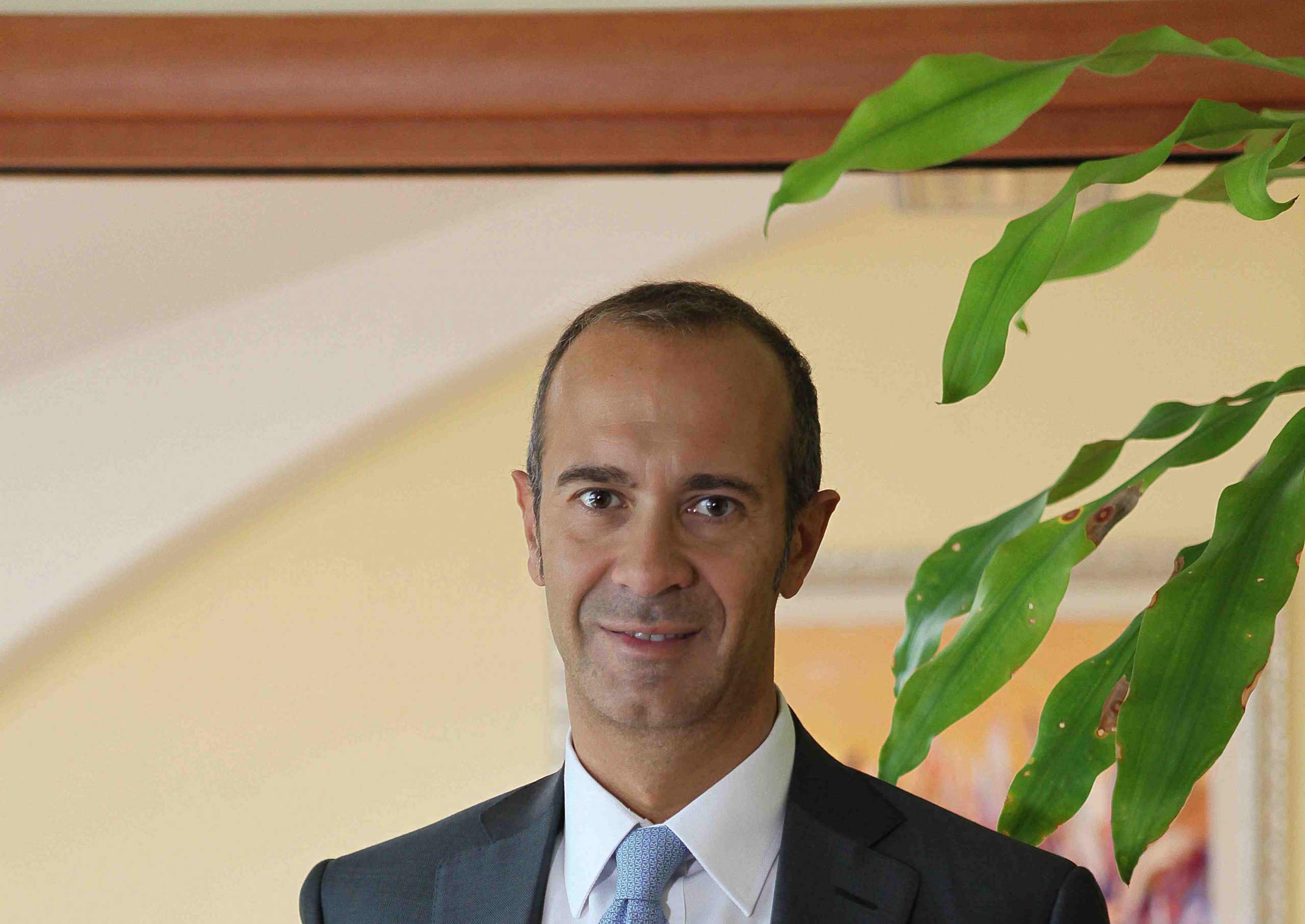Pension funds around the world are increasingly looking beyond their borders to address their investment needs, according to the Association of the Luxembourg Fund Industry (ALFI) which recently released its global pension fund report, “Beyond their borders: evolution of foreign investment by pension funds,” produced by PwC Luxembourg.
The report – which looks at the growth of pension funds globally, the asset allocation of pension funds on a regional basis and the foreign investment of pension funds – found that South America’s pension funds showed the highest growth rate globally, with assets soaring from US$ 184 billion in 2008 to US$ 528 billion in 2014, a 19.2% compound annual growth rate.
In terms of investing overseas, foreign investment for the pension funds of the majority of OECD countries (excluding the US) accounted for about 25% on average of their total pension investments in 2008, but jumped to almost 31% in 2014.
Denise Voss, chairman of ALFI, comments: “As the baby boomer generation approaches retirement and life expectancy continues to improve, public sector pension liabilities will grow. At the same time the need for greater personal savings for retirement income is growing. This study provides more clarity on the global investments of pension funds, demonstrating the opportunities offered by global investing and how some markets are approaching this, but also highlighting how pension fund regulations differ from one country to the other. In particular it highlights the regulatory constraints on some pension funds in the amount they can allocate to investment funds or in foreign investments and suggests the impact this could have on their growth.”
Dariush Yazdani, partner of PwC Luxembourg Market Research Centre, adds: “The new millennium has changed the playing field for pension funds. There are significantly more people retiring today than there were even a decade ago and this is putting pressure on pension funds’ investment strategies. But even in the midst of new challenges, pension fund managers are facing a future brimming with opportunities. The unique ability of pension funds to focus on long-term investments allows them to absorb short-term volatility while bearing market and liquidity risk through diversification – one of the most effective means of achieving diversification is through foreign exposure.”
Growth of pension funds globally
On a regional basis, North America’s pension funds represented the largest assets at a global level, having reached US$ 27.21 trillion in 2014, up from US$ 15.8 trillion in 2008.
Asset allocation of pension funds on a regional basis
Taken globally pension funds allocated 44% of their total portfolio to equities, 28% to bonds, 26% to alternatives and 2% to money market products in 2014. Allocation varies considerably from region to region, with North America allocating 48% of total assets to equities, Asia Pacific 40%, Europe 37%, and South America 34%.
The US, Canada, Japan and the Netherlands are the countries that pursued the largest equity investments in 2014, allocating US$ 12 trillion, US$ 986 billion, US$ 662 billion and US$ 582 billion respectively to this asset class.
Japanese pension fundsexperienced the largest increase in the share of equities within their total portfolio, which increased by 21% from 2008 to 2014. In contrast, South Korea’s pension funds showed the largest decline in their equity share, decreasing by 22% from 2008 to 2014.
The alternative asset class has shown a strong increase from 2008 to 2014 with the total amount allocated to alternatives jumping from US$ 4.4 trillion in 2008 to US$ 9.7 trillion in 2014, a 117% increase.
International investments by pension funds
Foreign investment by the pension funds of the majority of OECD countries(excluding the US) accounted for about 31% of their total pension investments on average, however with regional differences described below.
In North America (excluding the US), pension funds’ overseas investments stood at 16% of the region’s total portfolio in 2008, reaching 21% in 2014.
In Europe, the average percentage of pension fund portfolios allocated to foreign markets increased from 32% in 2008 to 34% in 2014, with the Netherlands, Finland and Portugal investing the highest percentage of their pension fund portfolios overseas in the last six years – in the Netherlands foreign investment reached 76% of the country’s total portfolio in 2014.
Asia Pacific’s pension fundsinvested, on average, 19% of the region’s total portfolio in foreign markets in 2008, and expanded that to 31% in 2014. Hong Kong and Japan are the most aggressive investors in foreign investments within Asia, with Japan’s pension fund allocation to foreign markets rising from 16% in 2008 to 32% in 2014.
In South America, this is the case for Chile and Peru, with Chile allocating 44% of total assets to foreign markets in 2014 and Peru investing 41% for the same period. Brazil, in contrast, invested less than 1% in foreign markets in 2014 due to stringent regulatory barriers which are beginning to soften.
When investing abroad, pension funds favor equity investments but adopt different strategies:
Some pension funds develop asset management teams based abroad. For example in 2011 Norges Bank Investment Management, which manages the Government Pension Fund Global for Norway, established a subsidiary in Luxembourg to oversee direct and indirect real estate investments in Continental Europe. The South Korean National Pension Service opened an office in London in 2012, followed by another in Singapore three years later.
Another strategy includes acquisitions or partnerships with asset managers that have expertise in foreign markets. In 2012 Fidante Partners, which manages the Australian government’s pension funds bought a significant stake in MIR Investment Management, a specialist in Asia-Pacific equities.
Investing in foreign funds is another efficient way to invest abroad. Nearly all mature pension markets tend to use investment funds when investing a large percentage of their assets abroad as they are one of the most effective and convenient vehicles for gaining exposure to international assets, giving liquidity and exposure to a wide variety of global assets that are not always available in a domestic market. For less developed pension markets, a higher usage of investment funds is expected over the coming years. Developing countries are likely to follow the move of the Chilean pension funds, which have been achieving higher diversification through the use of UCITS funds.
Ms Voss concludes: “A key finding of this report is the importance of investment funds in the diversification of the portfolios of pension funds around the world. Investment funds, and UCITS investment funds in particular, provide pension funds with a substantial degree of liquidity, diversification and a very high level of investor protection.”







